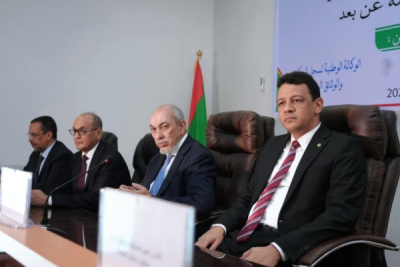As the African Union's Digital Transformation Strategy for Africa (2020-2030) underscores, leveraging digital technologies is crucial for driving economic growth, improving governance, and enhancing the quality of life. The focus of African governments on AI exemplifies this strategic vision, potentially leading to increased investment in technology and infrastructure across Africa.
Zambia has finalized its Artificial Intelligence (AI) policy to drive economic growth. It is set to launch within two months, Science and Technology Minister Felix Mutati announced.
Speaking at the Copperbelt Agricultural Mining and Industrial Networking Enterprise, held from May 28 to 30, in Kitwe, Mutati highlighted AI's potential to help Zambia achieve its target of producing 3 million tonnes of copper annually through improved exploration. "AI will bring significant economic benefits," Mutati said, noting it will create jobs and expedite mineral exploration.
To prepare for an AI-driven future, Zambia will host an AI Conference next month. Compu-Connect Education will organize “The Future of AI in Africa” Global Summit and Expo from June 25 to June 27. Mutati emphasized the conference's role in exposing Zambia to the latest technological innovations and helping the public understand AI's impact.
According to the “ZAMBIA Inclusive Digital Economy Status Report” 2022, digital technologies are central to Zambia’s development strategy, as shown by their integration into national and sectoral plans and policies. The Seventh National Development Plan (7NDP) highlights enhancing ICTs as one of its key outcomes. This includes strengthening the legal framework, improving ICT infrastructure, and providing electronic services.
This initiative aligns with Zambia’s commitment to inclusive governance. By embracing AI, the country aims to enhance productivity, drive economic growth, and bridge the digital divide, setting a precedent for other African nations.
Hikmatu Bilali



















